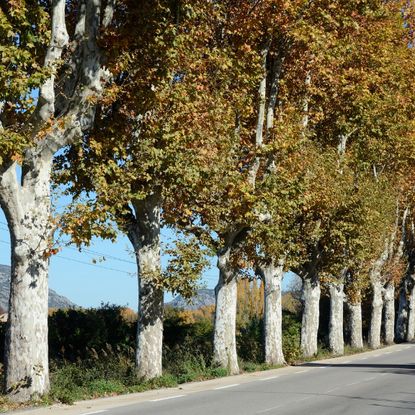Guest and Expert Articles
Your ultimate guide to Guest and Expert Articles: Everything you need to know with expert info for beginners and advanced gardeners alike.
Guest and Expert Articles
-
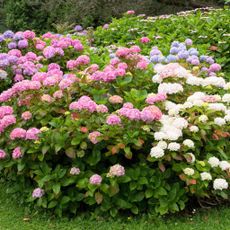
Hydrangeas For The Confused
By Marianne Willburn
-

Top 11 Herbs To Grow For Flower Arranging
By Catherine Duncan
-
Growing and Loving Pilea Peperomioides
By Alan Chan
-
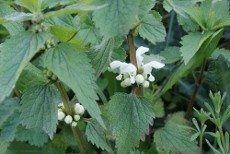
How To Create A Moon Garden
By Lee Miller
-
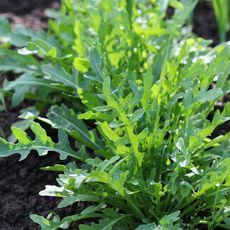
Don't Stop Now: Get Into Cool Weather Gardening
By Caroline Bloomfield
-

6 Ways to Transform Your Living Space with Indoor Trees
By Caroline Bloomfield
-
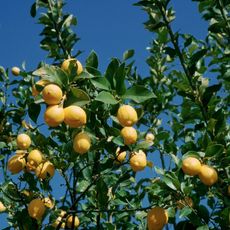
My Tree Journey: Lessons from a Lemon Tree
Who says you can't take your garden with you? This is the story of my faithful lemon tree that's grown and traveled with me for eight years and counting. Read on to hear more.
By Liz Baessler
-
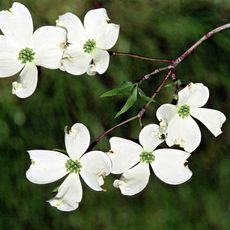
My Tree Journey: Flowering Dogwood
By Caroline Bloomfield
-

Flower Bulbs In The Garden: Look Forward To Something Beautiful
By Caroline Bloomfield
-
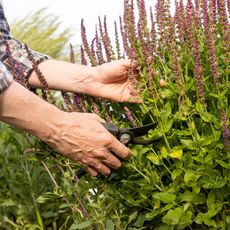
Pruning Salvia - A Simple How To
By Lee Miller
-

5 Things You're Doing Wrong With Succulents
By Ilana Goldowitz Jimenez
-

A journey growing cut flowers in a Scottish garden
By Catherine Duncan
-
Q & A with Ruth Clausen, Co-Author of "Essential Perennials"
By Shelley Pierce
-

Creating a Hellstrip Garden
By Laura Miller
-

Q&A with Rose Bartlett, co-author of The Bartlett Book of Garden Elements
By Shelley Pierce
-

Propagating Torenia (Wishbone Flower) from Cuttings
By Sarah Deems
-

Bringing the Tropical Look to Your Yard
By Al Cal

